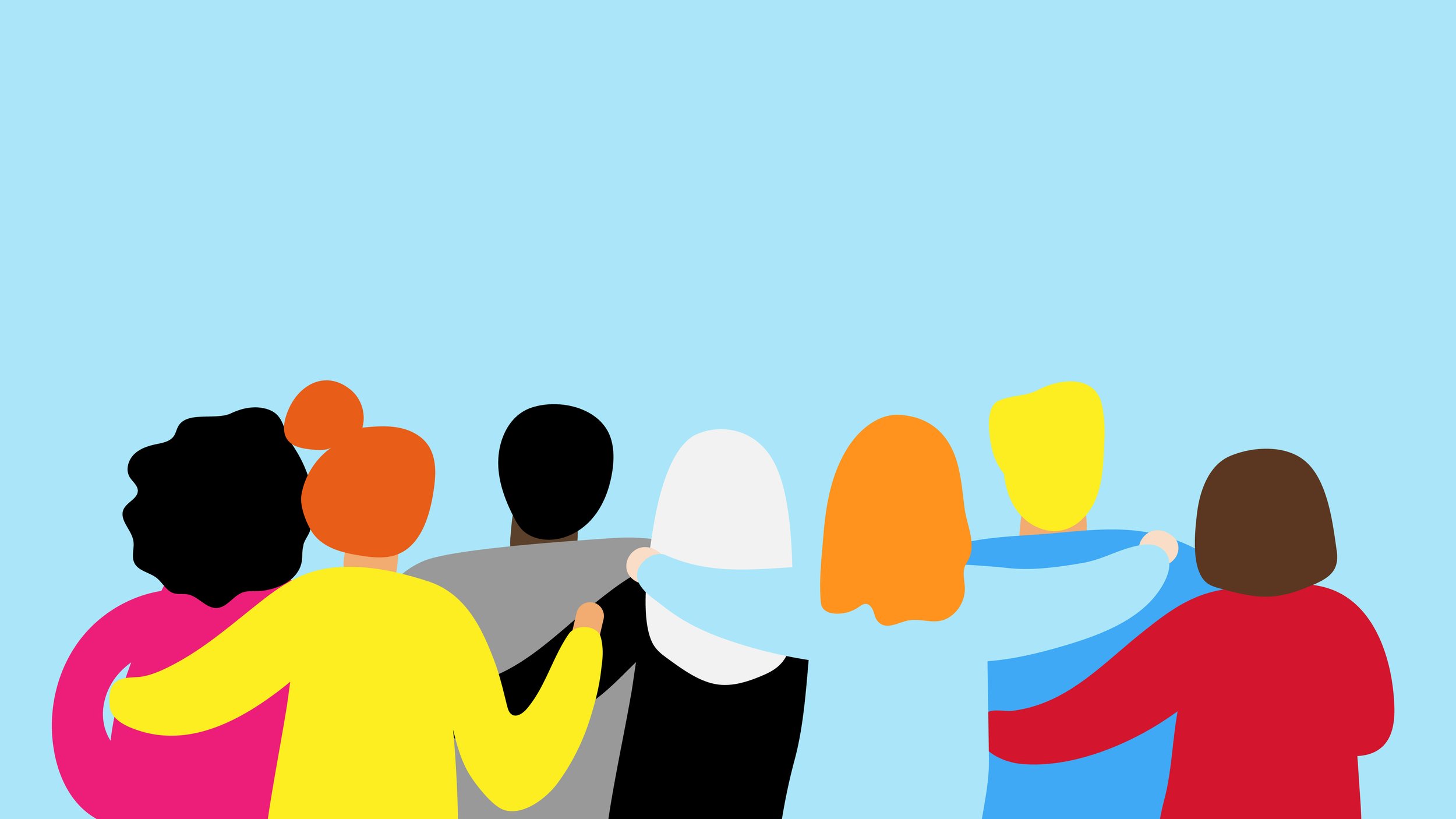Online and Offline Social Sensitivity
As a social species humans experience distress when they experience social rejection and exclusion. This distress is caused because rejection represents a fundamental violation of humans’ need to belong. However, some individuals are excessively sensitive to social rejection. Excessive social sensitivity is a known risk factor for depression and anxiety, as well as other mental health problems such as eating and appearance-related mental health problems.
PhD candidate Savannah Minihan and Honours student Cassandra Kwok showed that individuals with very high levels of social sensitivity were more likely to have experienced parental rejection. They also showed that social sensitivity was associated with more biased social information processing. That means that socially sensitive individuals are more likely to interpret neutral or ambiguous social information as negative compared to people who are less socially sensitive.
Online social environments mean that individuals can get evaluated by others at any time. This is likely to be particularly stressful for socially sensitive individuals. To test this hypothesis postdoctoral fellow Dr Jack Andrews (now a Wellcome fellow at the University of Oxford) and lab interns Aye Chan, Talia Crayn and Kiarne Humphreys developed a measure of online and offline social sensitivity. Like social sensitivity offline, online social sensitivity was associated with higher levels of depression and anxiety, especially in young people. This scale is now being translated into other languages to study online social sensitivity across the world.
PhD candidate Karina Grunewald and Honours student Jessica Deng showed that worrying about being evaluated by others online was also associated with impaired performance on a basic perceptual learning task.
We are currently testing an intervention that targets social sensitivity to benefit mental health, stay tuned for more results soon.


